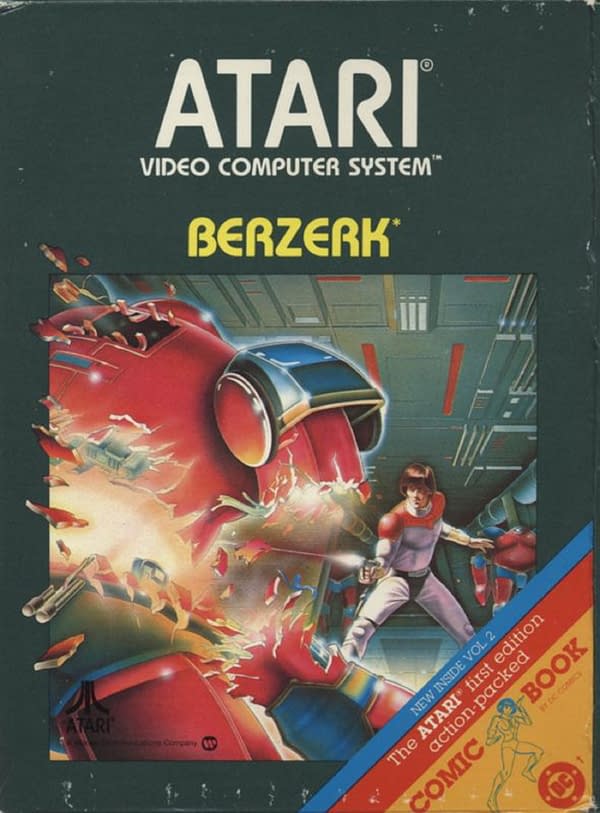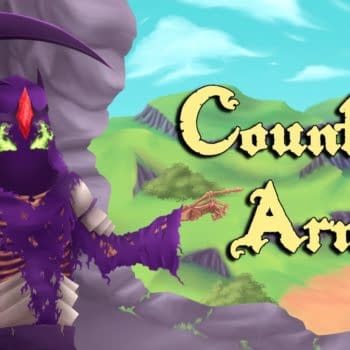Posted in: Atari, Games, Retro Games, Video Games | Tagged: atari, retro games
Atari Acquires Berzerk, Frenzy, & More Classic Titles
Atari revealed they have acquired a dozen new titles to their library, featuring classic retro games from their past.
Atari announced this morning they have acquired a dozen retro game IPs from their past, including classic titles such as Berzerk and Frenzy. Like almost every gaming console ever made, Atari was not solely responsible for the content being released on their system, as gaming companies developed titles to be released over the years. Such is the case with Berzerk, which was developed and published by Stern Electronics back in 1980. So while Atari has a massive library from the years it was active, it doesn't own everything consoles like the Atari 2600 are known for.
This new acquisition will add a dozen games to the company's library, as they are looking to expand digital and physical distribution of the classic titles across the board. Berzerk and Frenzy were the only two mentioned in the press release today, so it will be interesting to see what else the company managed to snag. We got more info from today's announcement, as well as a quote form the company, for you here.

"Berzerk is a top-down, multidirectional shooter designed by Alan McNeil that was released for arcades in 1980. Frequently ranked in 'Top 100 Video Games' lists, Berzerk is best known as one of the first arcade video games with speech synthesis, and for its iconic villain Evil Otto. In Berzerk, players navigate a maze of rooms while fighting armed robots and avoiding electrified walls, and must escape the maze before being caught by Otto. Berzerk was ported to the Atari 2600 and Atari 5200 by Atari. A 1982 critically-acclaimed sequel, Frenzy, was also acquired under the agreement."
"Berzerk is one of those foundational games that so many people first encountered playing on an Atari console," said Atari CEO Wade Rosen. "Berzerk, and the other titles included in this acquisition, are a perfect fit for our strategy of commercializing classic retro IP."










